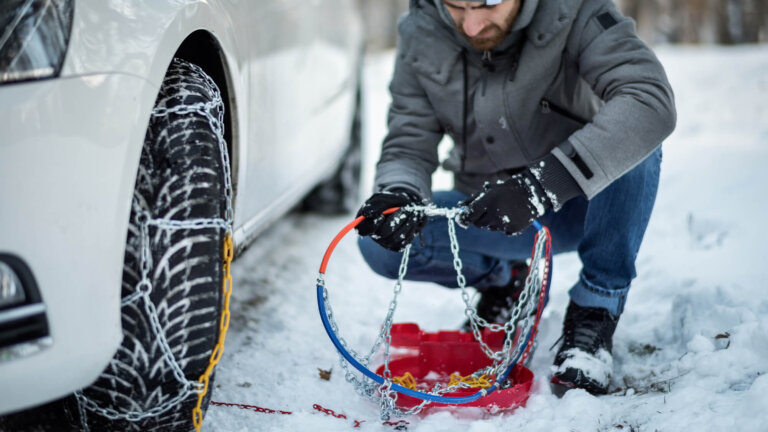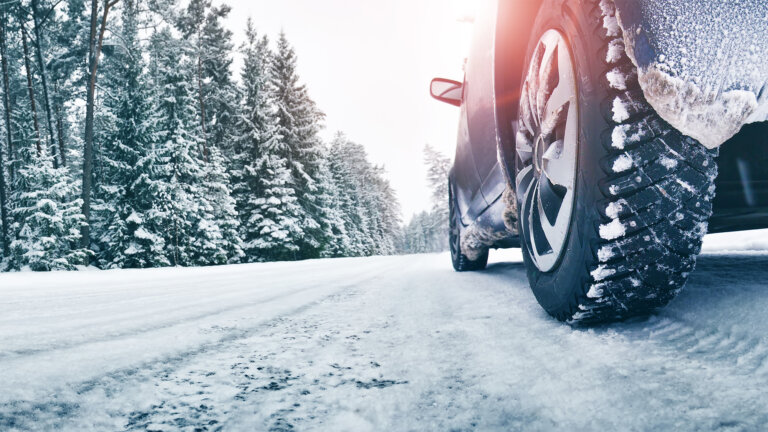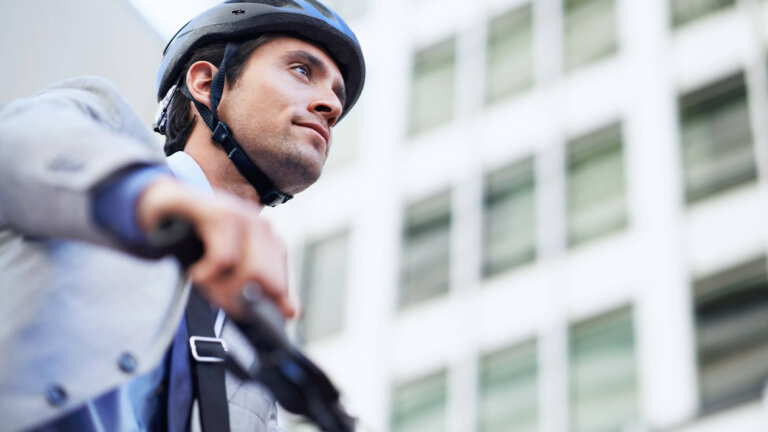Drinking and driving never mix well. Alcohol is a factor in a third of fatal accidents. The limit in Luxembourg is 0.5 g of alcohol in the blood. What exactly do the regulations say? What are the penalties? What should you do if you have had a drink? Here are some tips to keep your nights out enjoyable!

The law in Luxembourg
Like most of its neighbours, Luxembourg sets a blood alcohol content limit of 0.5‰, being 0.5 g of alcohol per litre of blood. This equates to 0.25 mg of alcohol per litre of air exhaled during a breath test. Beyond these limits, drivers are likely to incur penalties. Four different thresholds have been set, summarised in this small table.
Limit = 0.5‰ = 0.5 g/l of blood (blood sample) = 0.25 mg/l of air exhaled (breath test)
(*): The 0.5‰ limit is reduced further to 0.2‰ (0.1 mg/l) for certain special categories of driver, i.e. learners, novice drivers, drivers aged under 18, driving instructors, those accompanying learners and professional drivers.
Good to know: If you allow an inebriated individual to drive your car (or a car in your custody), you are liable to the same penalties as that person.
How much can you drink?
On average, one glass of alcohol = 0.4 g, possibly even 0.6 g for some people, such as young people, those thinner than average, and the elderly.
Alcohol enters the bloodstream between 1/2 hour and 1 hour after drinking, depending on whether or not you have eaten. Note, however, that a good meal does not really reduce the blood alcohol content, it simply delays absorption.
Eliminating alcohol more quickly
The blood alcohol level drops on average by 0.1 g to 0.15 g per hour. Reckon on at least 1 or 2 hours per drink to eliminate alcohol completely. In other words, the day after a heavy night out, it is likely you will still have quite a high blood alcohol content, especially when you first wake up!
Note that Drinking alcohol while taking medication is not without risk. The best way to avoid these risks is of course not to drink alcohol. Please read the information notices for any medicine you take very carefully.
Contrary to widely-held belief, there is no point in drinking a strong coffee or 2 litres of water before getting back behind the wheel. There is no way of eliminating alcohol more quickly.
Good to know: in a bar, a beer contains the same amount of alcohol as a wine or a whisky. At home, of course, it all depends on the size of the drinks you pour…
What should I do if I have had a drink?
- Think ahead! As a night out draws nearer, decide on a designated driver who will stay sober to drive you home. Suggest you will return the favour some other time and take your turn as the designated driver.
- Stay overnight. Your friends are also responsible if they let you drive after you have been drinking. They should be happy to let you stay overnight rather than let you risk your neck driving.
- Give your car keys to a reliable friend with strict instructions not to give them back under any circumstances!
- Call a taxi or mini-cab (night-rider): your life and other people’s lives are worth the cost of a taxi ride!
- Call family or a friend to ask for help, to come and fetch you or call you a taxi, for example.


